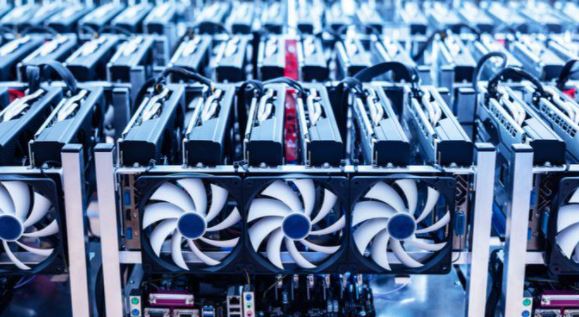Cryptocurrency
Rug Pull Insight on Cryptocurrency, Find out More

The rug pull is a sort of cryptocurrency fraud in which a group boosts their project’s token before vanishing with the cash, abandoning its customers with a worthless asset.
Rug pulls occur in this get free access, when dishonest developers build a synthetic cryptocurrency, inflate its price, and then extract as much money as possible from it before leaving it when its price falls to zero.
TRENDING NOW
- Can’t Get JAMB Profile Code for 2022? Here is What to do
- Mararaba a Place you must Know, No 4 is fascinating
- 300K Loan for Nexit Applicant, How to Apply
- JAMB 2022 Registration – Steps on How to Register (More details)
- How China’s crypto ban could be good for BTC?
Rug pulls are one sort of exit fraud as well as DeFi vulnerability. Before understanding how to recognize a crypto rug pull and why they happen, it is important to recognize the three major categories of rug pulls.
Various types of rug pulls
Liquidity snatching, restricting sell orders and dumping are the three basic forms of rug pulls in Bitcoin.
When token producers take all of the tokens from the trading platform, this is known as liquidity theft. This effectively destroys all of the value that investors have invested in the currency, thereby pushing its price to zero. In DeFi contexts, these “liquidity pulls” are common. The most typical exit fraud is a DeFi rug pull.
Restricting sell orders is a diplomatic approach for a scammer to deceive investors. In this case, the tokens are coded so that the developer is the only one who can sell them. The programmers subsequently prepare for retail customers to invest in their new cryptocurrency using matched currencies. Linked coins are two currencies that are being matched for trade purposes. They abandon their positions whenever there is enough favourable price motion and issue a devalued coin in their wake. This type of rug pull is exemplified by the Squid Token swindle.
When developers sell their enormous number of tokens rapidly, this is known as dumping. As a result, the coin’s price plummets and surviving investors are left with useless tokens. “Dumping” is most common after a lot of social media marketing. A Pump-and-Dump Scheme is the term for the following rise and sell-off. Unlike some of the various DeFi rug pull frauds, dumping is more ethically ambiguous. Purchasing and selling one’s own cryptocurrency is not considered immoral in general. Whenever it refers to DeFi virtual currency rug pulling, “dumping” refers to the sale of a coin for a certain amount of money and in a certain amount of time.
Hard pulls and soft pulls
Hard and soft rug pulls are both available. Hard pulls are things like malicious programming and liquidity theft, whereas soft pulls are things like asset dumping. “Hard” or “soft” rug pulls exist. When project developers include hostile backdoors in their token, this results in a hard rug pull. Backdoors are secret exploits that the project’s creators have embedded into the smart contract. It seems to be pretty evident that the intention is to commit fraud. Stealing liquid assets is likewise seen as a difficult task. Token creators who dump their crypto holdings fast are referred to as “soft rug pulls.” As a result, the surviving crypto investors will have a highly discounted token. Dumping is immoral, but it is not necessarily a criminal conduct in the similar manner as hard pulls are.
Are digital rug pulls against the law?
Rug pulls with cryptocurrency are not necessarily prohibited, although they are generally immoral. Rug pulls that are too hard are against the law. Soft rug pulls are immoral, but they are not necessarily against the law. For example, it is immoral but not illegal for a crypto project to pledge to contribute funds but instead retain the proceeds. Both sorts, like the majority of fraudulent activity in the crypto business, may be difficult to identify and punish. The failure of the Turkish digital currencies exchanges Thodex is an excellent illustration of a crypto rug pull. One of the largest cryptocurrency rug pulls of 2021 was the $2 billion robbery. It is also one of the biggest centralized finance (CeFi) exit schemes ever. Despite the fact that Turkish law enforcement officers detained 62 persons as part of their investigation into the big fraud, the location of the suspected culprit remains unknown. Meerkat Finance, AnubisDAO, Compounder Finance, and Uranium Finance are just a few recent instances of protocols that have been victimized by this form of crypto rug pull.
Rug pulls and other cryptocurrency frauds are tough to track down, but, they are not impossible. There have been multiple instances of crypto assets being tracked and frozen in order to avoid them from being dispersed before legal action can be taken to recover them.

